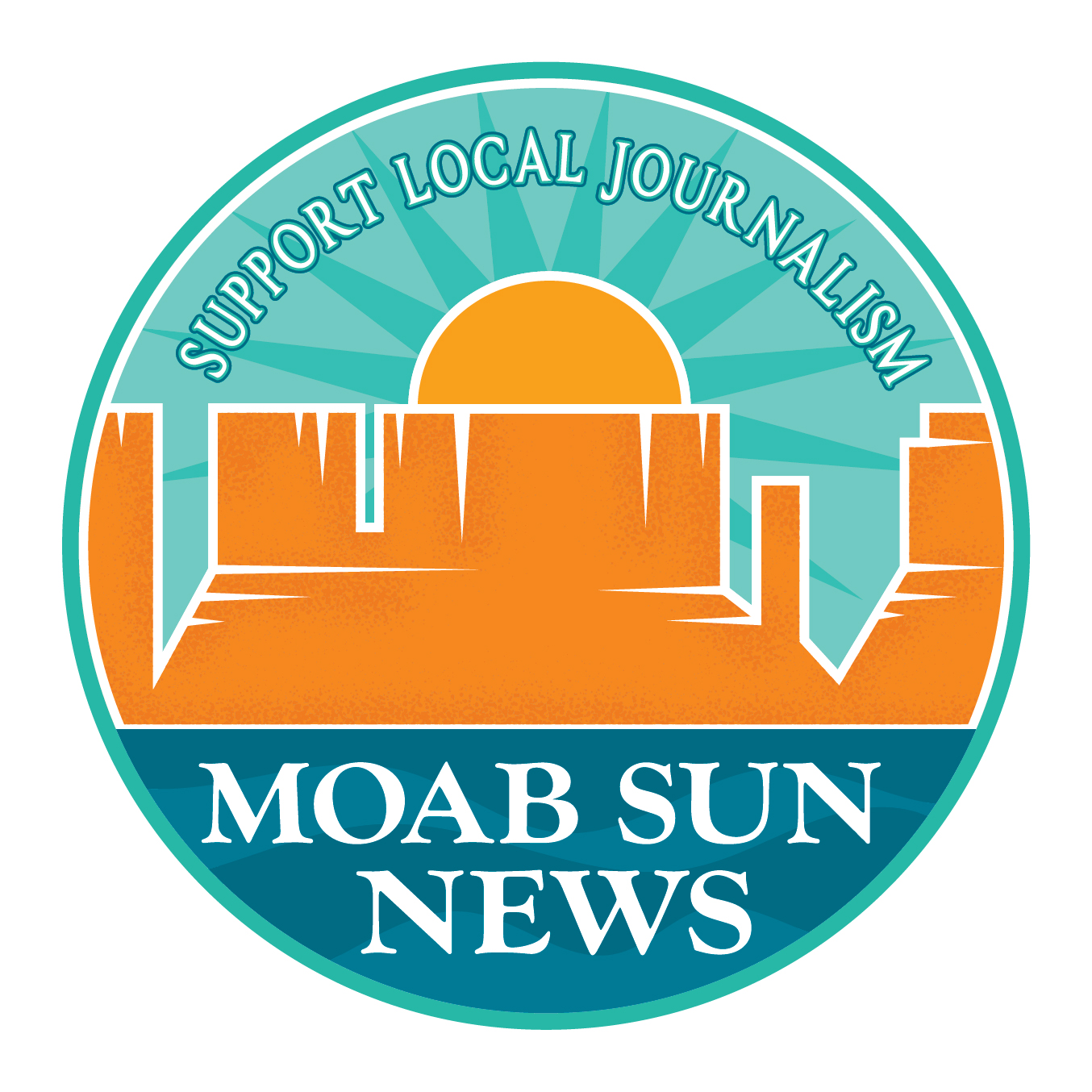Some information may be outdated.
Moab is no stranger to extremes. Slackliners tiptoeing precariously across canyons and BASE jumpers flinging themselves from towering red rocks are everyday occurrences, as are fire spinners whirling flames inches from their faces.
Few places in the world are so saturated with those seeking not only to find their limits, but skydive off of them. Even the rich desert landscape is at one polar end of the environmental spectrum — Moab is, in a word, extreme.
My hometown of Birmingham, Ala. is another sort of extreme. To put it reductively, my small, wealthy suburb in the deepest of the Deep South revolved around sorority scandals, country club aficionados, college football, and trendy conservative politics.
The tight-knit community was charming, uplifting and oozing with Southern hospitality, but I itched to escape the magnifying glass I lived under. The phenomenal public school education I received and my determination to leave led me to another extreme: the Ivy League.
Going from suffocating humidity and 60 degree winters to slushy sidewalks and below-freezing temperatures marked another transition between extremes in my life, one that I’ve still yet to get used to. In my first semester at Yale University, I walked blindly into a maelstrom of Hamptons home-owning, trust fund-having private school legacies from New York City. It seemed as though everyone I knew was either a millionaire or a first-generation college student; though there were plenty of non-extreme people, I felt alone in my assumed normalcy.
But Yale became my home, where everyone was obsessed with or extreme about something. I found a pocket of coding connoisseurs, history buffs, biology enthusiasts, and film fanatics. I myself dove headfirst into journalism, captivated by telling stories.
Cut to today, which, under normal circumstances, would be the start of my junior year of college. I’d be feverishly registering for classes (should I take a lecture on ancient Egypt or a seminar about civil unrest in Latin America?), toggling between fraternity parties (or the one club in New Haven), and rushing to meet with my advisor about my majors (Economics and History).
But I’m not doing any of those things. Residential spaces turned into COVID-19 testing centers and expensive tuition remaining unchanged (despite mostly virtual classes) pushed me to take a gap year, like many other college students these days. I decided to up and move to Moab, Utah and write for the Moab Sun News for my time off.
Many Moabites I’ve encountered have reacted to my sudden move with surprise and curiosity, wondering what possessed me to pick this tiny corner of the desert. Similarly, my friends at Yale and my family at home were somewhat dumbfounded by my choice. But my reasoning is relatively straightforward: I love the West, I love to write, and, as my mother said as we drove across the country, I “really like living in extremes.”
Moab is extreme not only in activities and geography but also in the news. Neighboring San Juan County is home to a chunk of the Navajo Nation, where the majority of residents live at or near the poverty line. Various presidential administrations have continued to shrink and manipulate ancestral sites. These Indigenous peoples are on the extreme periphery even more than Moab is; the rest of the country often doesn’t know — or seem to care — what’s happening just outside their line of sight.
Writing about issues that aren’t usually written about is every reporter’s dream, but more importantly, underserved communities deserve media attention, recognition and coverage. They deserve notice, care and support, which begins with awareness. Incredible Indigenous organizations are already doing work on the ground, and my goal is to amplify their efforts — to bring the extremes to the mainstream.
The aspects of your life in Moab that seem routine, mundane and boring are utterly alien to the rest of the world. There are countless stories to tell here, so many that it’s hard to know where to begin. So amplify your own life here, and elevate the issues and people who don’t get enough attention. Look for those on the periphery or at the extremes and find ways to bring them into the conversation, because they deserve it.
Each person I’ve met here could fill a book with their experiences, perspective and outlook on life, so much so that I feel a burning desire to interview everyone I see. I can’t wait to immerse myself in this current extreme, wrestle with it, and ultimately skydive off of it.
Appreciate the coverage? Help keep local news alive.
Chip in to support the Moab Sun News.



